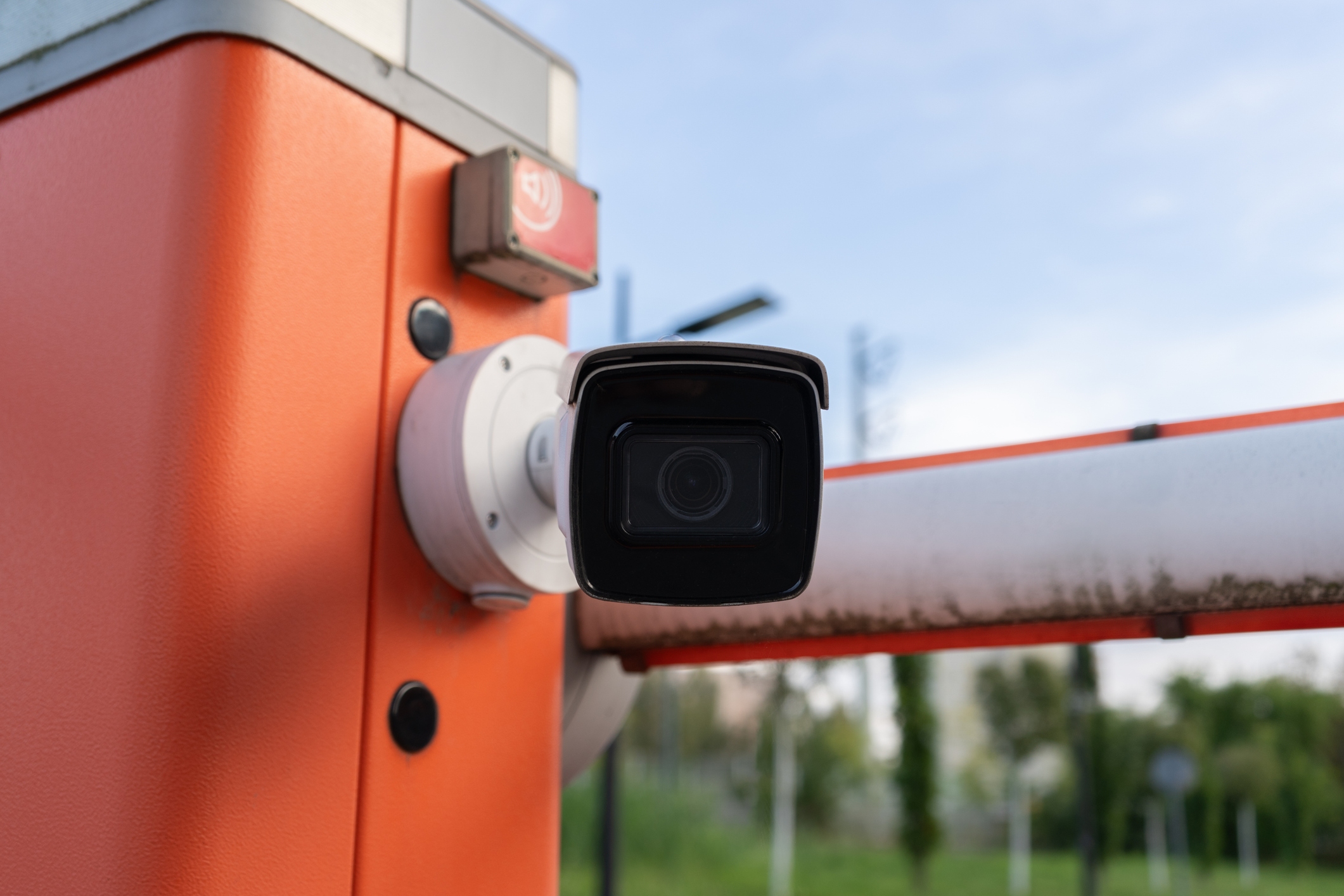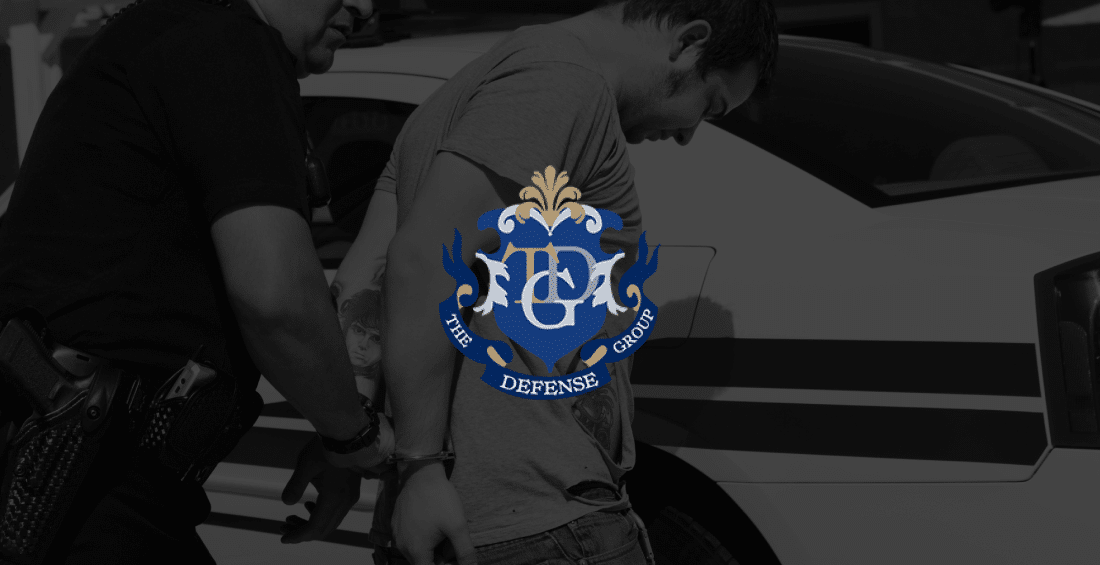What is a License Plate Reader?
Crime solving is an ever-evolving science. It wasn’t long ago that the ability to lift and identify fingerprints was the cutting edge of criminal investigations. Within the last fifty years, DNA analysis has revolutionized how law enforcement identifies and arrests suspects. More recently, video and computer technology have allowed for the creation of another tool for law enforcement: license plate readers.
In recent years, Florida has begun implementing a series of cameras capable of capturing various information about motor vehicles. These cameras are called automatic license plate readers, or ALPRs. ALPRs can be located anywhere a traditional CCTV or other type of surveillance camera could be placed, including on street lights, highway overpasses, mobile police surveillance units, and even the dashboards of police cars.
While some form of ALPR has been used in policing in the UK since the 1970s, recent developments have led to their implementation in various U.S. jurisdictions. Traditional CCTV cameras and older ALPRs recorded an image of a vehicle or license plate. Modern ALPRs are specially designed to identify and record data about cars, including but not necessarily limited to:
- License Plate Number
- Make and Model
- GPS Coordinates
- Speed
- A Heat Signature for Geolocation
- Photos of the Vehicle and Driver
The capabilities and features of ALPRs allow them to be used in fighting a variety of crimes, from stolen vehicles to kidnappings. They can also be used to track missing or endangered persons, such as during a Silver Alert, and to track the movements of suspects following other types of crimes.
In many instances, license plate readers have been beneficial to crime victims. This includes aiding in the recovery of stolen vehicles and missing persons. However, technology is only as good or reliable as the people using it.
Because license plate readers record such complex data, various organizations have voiced concerns the tech could be exploited or abused. This includes invasion of privacy and potentially even criminal charges. For example, some ALPR software may store data collected on vehicles that are not related to any active criminal investigations. In addition, in 2024, a legal non-profit filed a federal lawsuit alleging that ALPRs constitute warrantless surveillance and thus violate the U.S. Constitution.
This is why if you or a loved one have been arrested based on data from a license plate reader, you should contact an experienced defense attorney. If the police intend to use evidence gathered from an ALPR in court, a defense attorney could be the one thing standing between you and a heavy fine or even a lengthy jail sentence.
Can I Be Arrested Because of a License Plate Reader?
The short answer is “yes.” In fact, since the implementation of the ALPRs, Florida police have made multiple arrests based on data gathered from them. In some instances, the police have set up “tag reads.” These are alerts that notify the police when an ALPR detects a license plate connected to an individual who has warrants out for their arrest or who is suspected of committing a crime.
The police can also use information gathered from ALPRs to justify an arrest or a fine. For example, ALPRs have been used to ticket drivers for alleged traffic violations. In these instances, photos and videos gathered from an ALPR are often the only evidence to be presented. Pictures and videos can often be unreliable evidence if taken out of context. This has led to concerns about how ALPRs are used to justify arrests. This is especially true when ALPRs are part of data-gathering campaigns. Many companies that provide ALPR technology state that photos and videos gathered by their cameras become the legal property of their customers. These “customers” are law enforcement agencies. This means these agencies legally own the information obtained from ALPRs.
Florida law allows the police to keep ALPR data for three years if it concerns information being used for an ongoing investigation. Law enforcement agencies are supposed to remove any non-relevant photos and videos after a certain period of time, but there is no standard practice for how or when this is done between agencies.
If you or a loved one are arrested based on data obtained from an ALPR, these photos and videos may be the only evidence against you. Often, videos and pictures are enough to convince a jury. This is why, if you’re arrested based on data from an ALPR, you must contact an experienced defense attorney from our team.
What Are Some Potential Defenses if I Am Arrested Because of a License Plate Reader?
There are currently several potential defenses to being arrested based on data from an ALPR. One possible defense is if the police used data that had been stored for longer than the three-year period, this would be in violation of policy dictating how information can be stored and used.
Because ALPRs do not require warrants, there are also concerns that law enforcement agencies could use data to build cases against individuals without any other evidence. This has led to additional concerns that the agencies could discriminately and disproportionately target specific communities and groups for arrest using data from ALPRs. Depending on the circumstances of your case, it may be possible to argue that law enforcement personnel were discriminatory in how they built their case and chose to make their arrest. An experienced attorney can argue that your civil liberties were violated and potentially get charges reduced or dismissed.
Another potential defense is mistaken identity. If someone else used your vehicle in the commission of a crime, but ALPRs did not get an image of their face or other identifying characteristics, you may be arrested and charged. If you can demonstrate that only your vehicle was used to commit a crime and that you were not involved in any capacity, you may be able to avoid prison time or fines. This defense is related to ALPR accuracy. Depending on how well-designed and calibrated an ALPR is it may not accurately record data such as speed, the color of a vehicle, and other identifying information. If an attorney can demonstrate the data gathered was inaccurate or that there was an issue with the camera itself, they may be able to get charges reduced or dismissed.
These are only a few potential defenses. Because ALPRs are a relatively recent technological development, attorneys such as those here on our team are constantly crafting new and innovative defenses to protect their clients.
What Should I Do if I or a Loved One Are Charged with a Crime Because of a License Plate Reader?
We understand that an arrest based on an ALPR can be frightening. Some people may even think there’s no possible defense to video or photographic evidence. This belief may be precisely what police and prosecutors are counting on to try and get a guilty plea. ALPRs can be a potentially effective tool in crime-solving; however, there is also a high potential for abuse or misuse. This is especially true as ALPRs become more common and omnipresent in our day-to-day lives.
At The Defense Group, our attorneys have a combined 100+ years of legal experience. We pride ourselves on treating our clients like family and getting them the positive results they deserve. Our team’s diligence and dedication to our clients have even led to some of our victories making the news. Our Attorneys are developing new strategies on a constant basis to serve our clients and community better. If you or a loved one were arrested because of data from an ALPR, call The Defense Group today at 407-743-8430 to schedule your free consultation.












